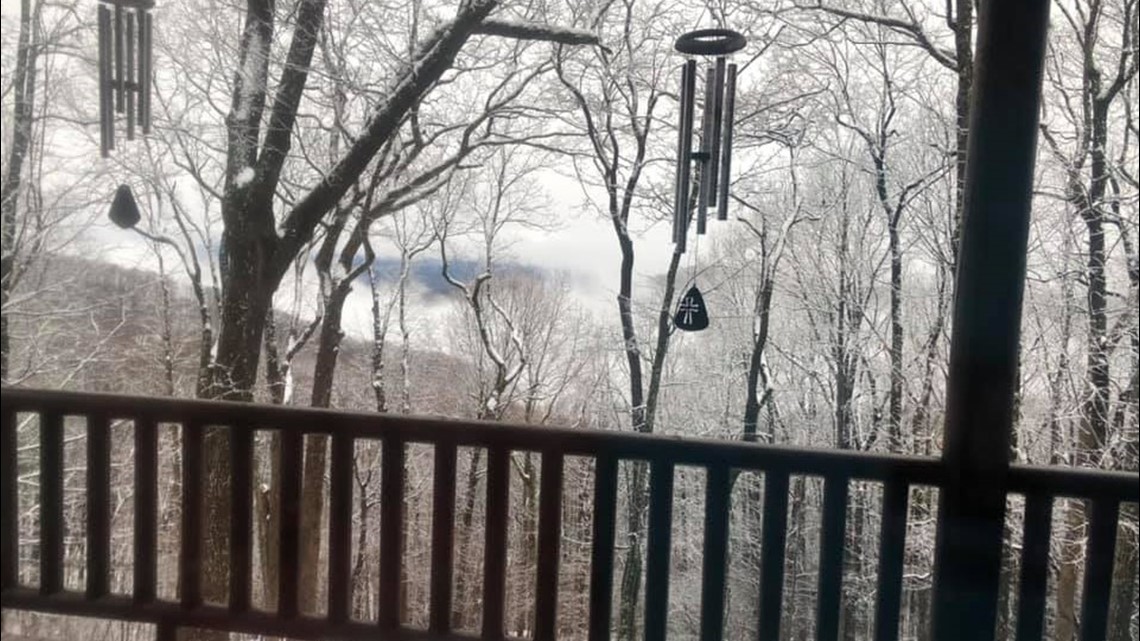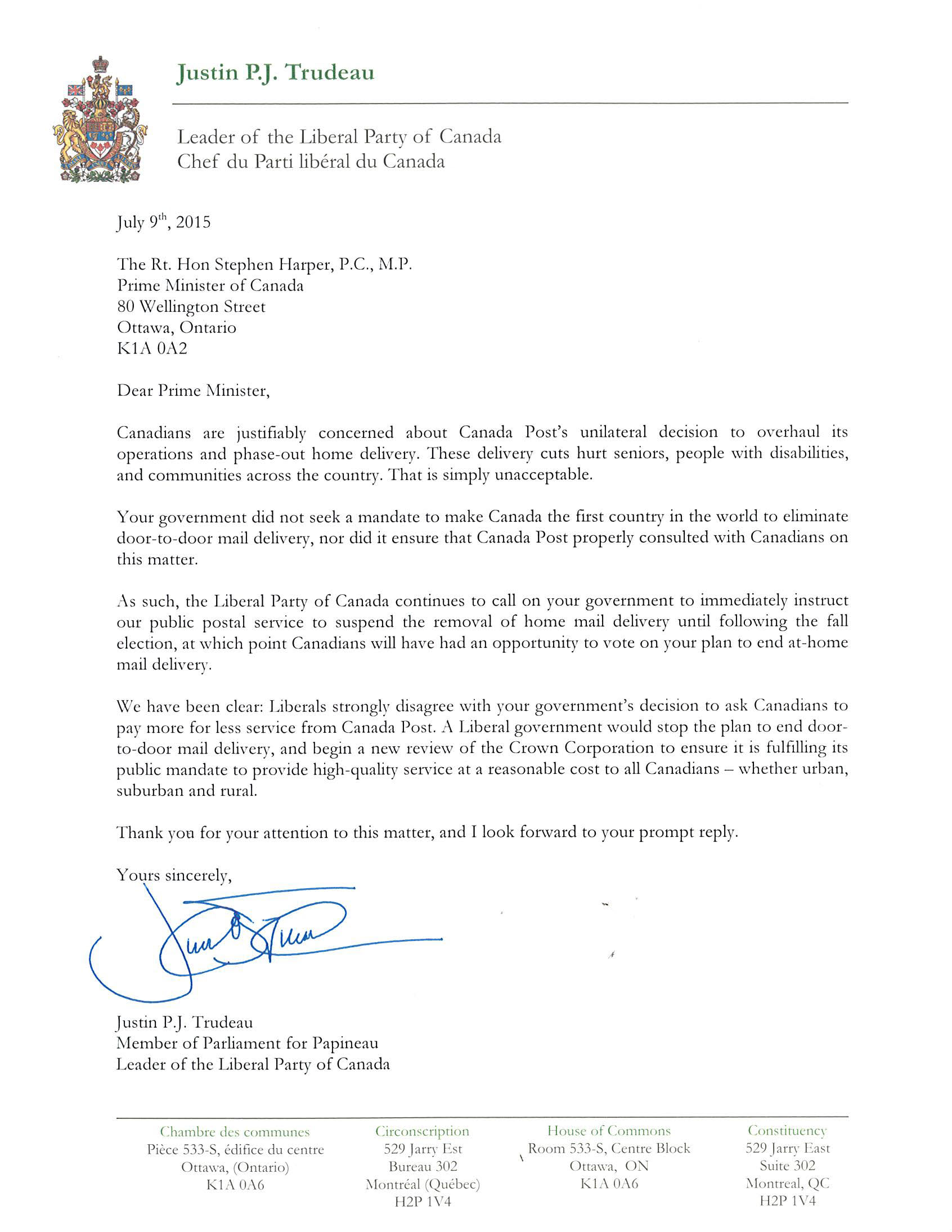School Cancellation And Delay Policies During Winter Weather

Table of Contents
Factors Influencing School Cancellation and Delay Decisions
Numerous factors contribute to a school district's decision regarding school cancellations or delays. Safety is paramount, and the decision-making process carefully weighs several critical elements:
-
Road Conditions and Accessibility: School buses and student drivers must navigate safely. Significant snow accumulation, icy patches, and poor visibility can render roads impassable, jeopardizing the safety of students and staff. The condition of bus routes is a primary concern.
-
Snow and Ice Accumulation: Even if roads are passable, significant snow or ice accumulation on sidewalks and school grounds presents a serious risk of slips and falls, especially for younger students. Walkability and overall campus safety are carefully assessed.
-
Temperature and Wind Chill: Extremely low temperatures or dangerous wind chills can pose health risks to students waiting for buses or walking to school. These conditions are carefully considered, particularly for extended periods of exposure.
-
Staff Attendance: The ability of teachers and other school staff to reach the school safely is also a crucial factor. Widespread staff absences due to weather conditions can significantly impact the school's operational capacity.
-
Impact on After-School Activities and Events: School cancellations often extend to after-school activities, sports practices, and other events. These considerations are part of the broader decision-making process.
How School Districts Communicate Cancellations and Delays
Effective communication is critical during winter weather events. School districts utilize a variety of methods to inform parents and students about school closures or delays:
-
Automated Email and Text Message Systems: Many districts use automated systems to send instant notifications to registered parents and guardians. This ensures timely alerts reach the widest audience.
-
Website Updates and Social Media: School websites and social media platforms (Facebook, Twitter, Instagram) are frequently updated with the latest information on closures or delays. These platforms provide a readily accessible source of information.
-
Local News Channels and Radio Stations: Schools often partner with local news outlets to broadcast cancellation and delay announcements. This ensures a broad reach within the community.
-
Phone Calls: While less common due to efficiency and scalability, phone calls may still be used in some cases, particularly for emergency situations or to follow up on individual concerns.
-
Dedicated School Mobile Apps: Increasingly, schools are using dedicated mobile apps to deliver real-time updates and critical information directly to parents' smartphones.
Verifying School Closures – Reliable Sources
In the age of instant communication, misinformation can spread rapidly. It is crucial to rely on verified, official sources when determining whether school is canceled or delayed:
-
Check the School District's Official Website: The official school website is the primary source of accurate information. Bookmark it for easy access during winter weather events.
-
School or District Social Media Pages: Verify information from official school or district social media pages. Be wary of unofficial accounts or rumors circulating online.
-
Contact the School Directly: If you are unable to find information online, contact the school directly. Be aware that call volumes may be high during weather events.
-
Avoid Unverified Social Media Posts or Rumors: Do not rely on unofficial social media posts or word-of-mouth, as these may be inaccurate or misleading.
Preparing for School Cancellations and Delays
Proactive preparation can significantly reduce the disruption caused by school cancellations and delays:
-
Backup Childcare Plan: Arrange alternative childcare options in advance for instances when school is closed unexpectedly.
-
Remote Learning Policy: If your school offers remote learning options, familiarize yourself with the policy and ensure your child has the necessary equipment and access.
-
Flexible Work Arrangements: Communicate with your employer about your availability to work remotely or adjust your work schedule in case of school closures.
-
Emergency Kit: Prepare a kit with essentials such as extra warm clothing, snacks, and any necessary medications for unexpected closures.
Conclusion
School cancellations and delays due to winter weather involve a careful consideration of safety, road conditions, temperature, and staff availability. School districts employ various communication methods, including email alerts, website updates, social media, and local news channels, to keep parents and students informed. Remember to always verify closures using official school sources, avoiding misinformation. To stay informed, bookmark your school district's website and sign up for alerts to receive timely notifications regarding school cancellations and delays due to winter weather. Familiarize yourself with your school’s specific inclement weather policies to be best prepared.

Featured Posts
-
 The Versatile Cassis Blackcurrant Recipes And Cocktail Inspiration
May 21, 2025
The Versatile Cassis Blackcurrant Recipes And Cocktail Inspiration
May 21, 2025 -
 Breaking Israel To Allow Food Aid Into Gaza Following Extended Ban
May 21, 2025
Breaking Israel To Allow Food Aid Into Gaza Following Extended Ban
May 21, 2025 -
 Love Monster A Review And Discussion Of The Books Impact
May 21, 2025
Love Monster A Review And Discussion Of The Books Impact
May 21, 2025 -
 Report Recommends Ending Daily Canada Post Home Mail Delivery
May 21, 2025
Report Recommends Ending Daily Canada Post Home Mail Delivery
May 21, 2025 -
 D Wave Quantum Inc Qbts A Deep Dive Into The Reasons For The Stocks Recent Increase
May 21, 2025
D Wave Quantum Inc Qbts A Deep Dive Into The Reasons For The Stocks Recent Increase
May 21, 2025
